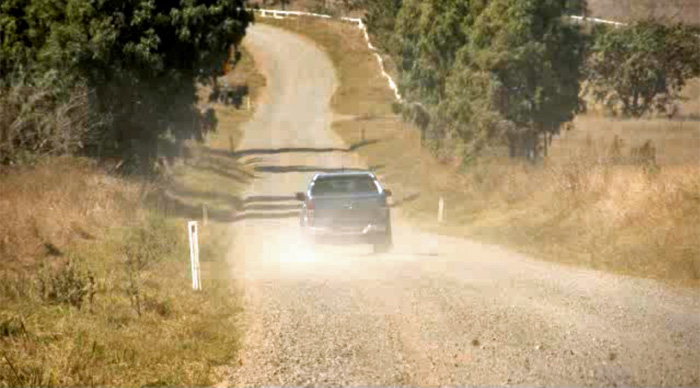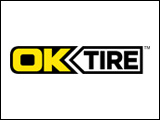The Manitoba government’s streamlined regulations under The Traffic and Transportation Modernization Act came into force on March 1, after a 30-day online public consultation.
“As part of our government’s commitment to reducing red tape, over 6,500 onerous and outdated regulatory requirements will be eliminated,” said Infrastructure Minister Ron Schuler. “This represents a 44 per cent reduction in regulatory requirements in the process, allowing Manitobans greater freedom to make decisions that directly impact their community without compromising public safety on Manitoba roads.”
Passed in June 2018, the act dissolves the Highway Traffic Board and the Motor Transport Board, which eliminates duplication with department operations, and reduces red tape for industry and local governments.
Additionally, the act and revised regulations will:
- give municipalities a fair say by giving local traffic authorities, including municipalities, control over traffic by setting speed limits on municipal roads;
- streamline vehicle classifications resulting in fewer vehicle registration categories and pave the way for increased flexibility in the deployment of vehicles used for commercial purposes;
- clarify and modernize vehicle equipment standards under a new regulation, strengthening Manitoba’s competitiveness and ability to respond more quickly to automotive technology changes;
- allow industry to set rates for light vehicle inspections (commonly known as a ‘safety’) required when a vehicle changes ownership, reducing red tape for industry;
- improve and streamline the process for municipalities and communities to request a speed limit change on provincial roadways;
- streamline permit processes for access roads, structures and signs on provincial trunk highways and provincial roads by moving all permit services to Manitoba Infrastructure and new automated processes will improve service delivery;
- enable municipalities to improve efficiency in snow removal by allowing 24-hour unsigned parking bans, if public notice is provided; and
- open up Manitoba’s charter bus industry to improve customer service, while ensuring that all safety-related regulation continues.
Schuler noted that Manitoba Infrastructure conducted jurisdictional research and consulted with key stakeholders including the Association of Manitoba Municipalities, Manitoba Trucking Association and Keystone Agricultural Producers among others, to develop new, and amendments to, regulations needed to implement the act.




